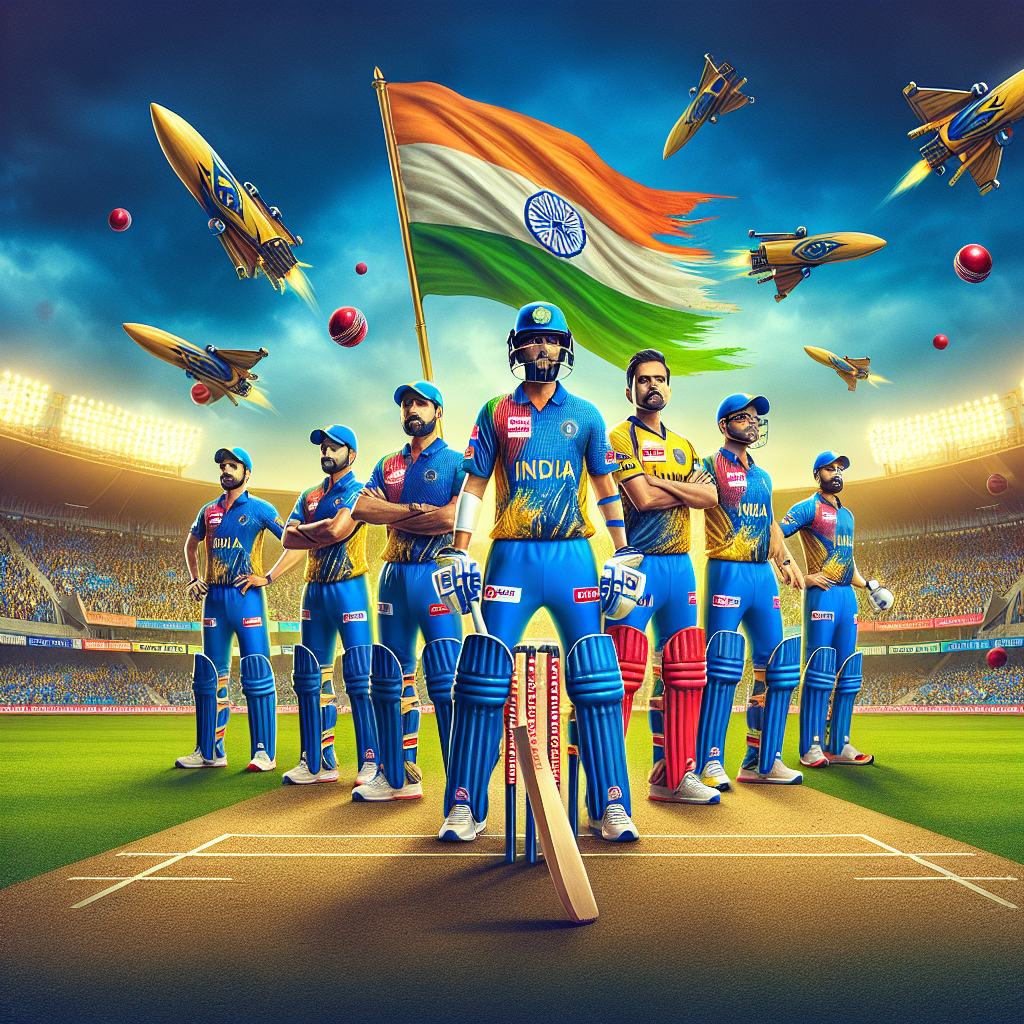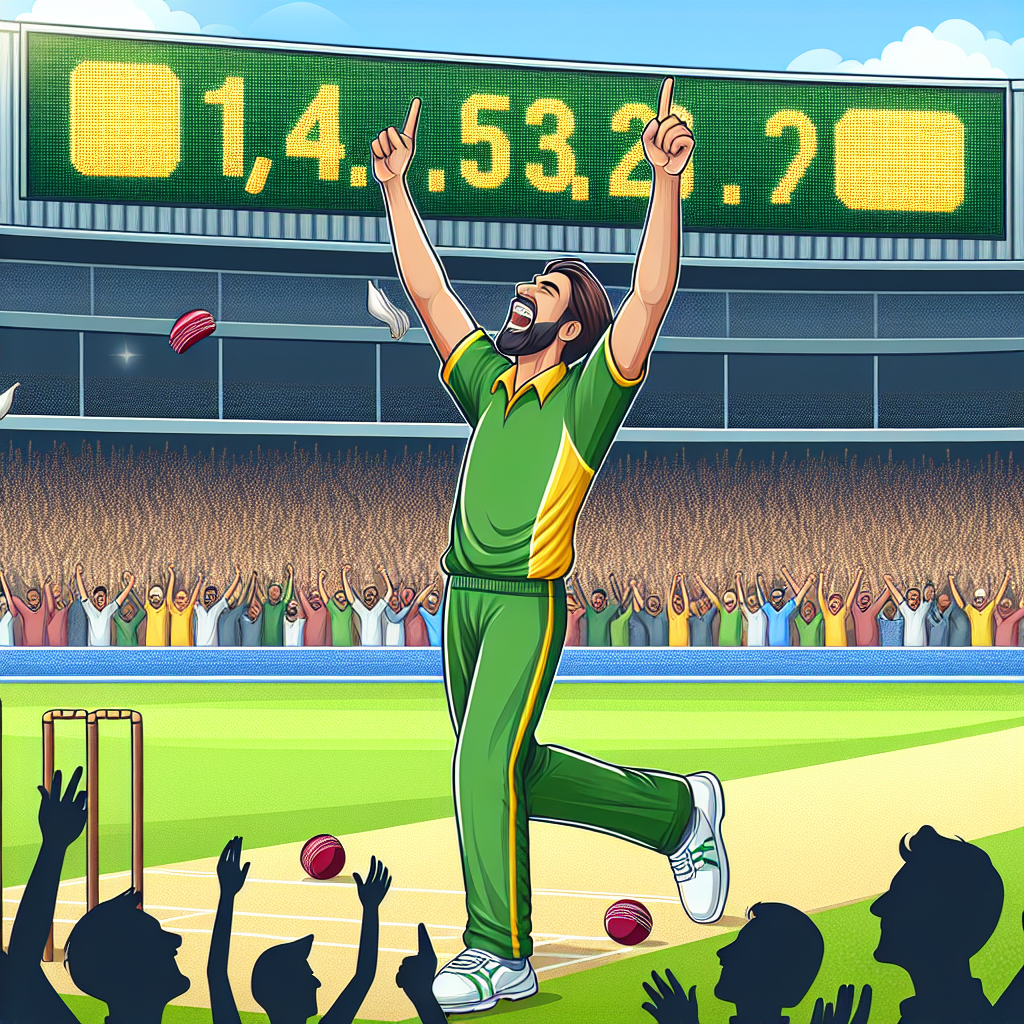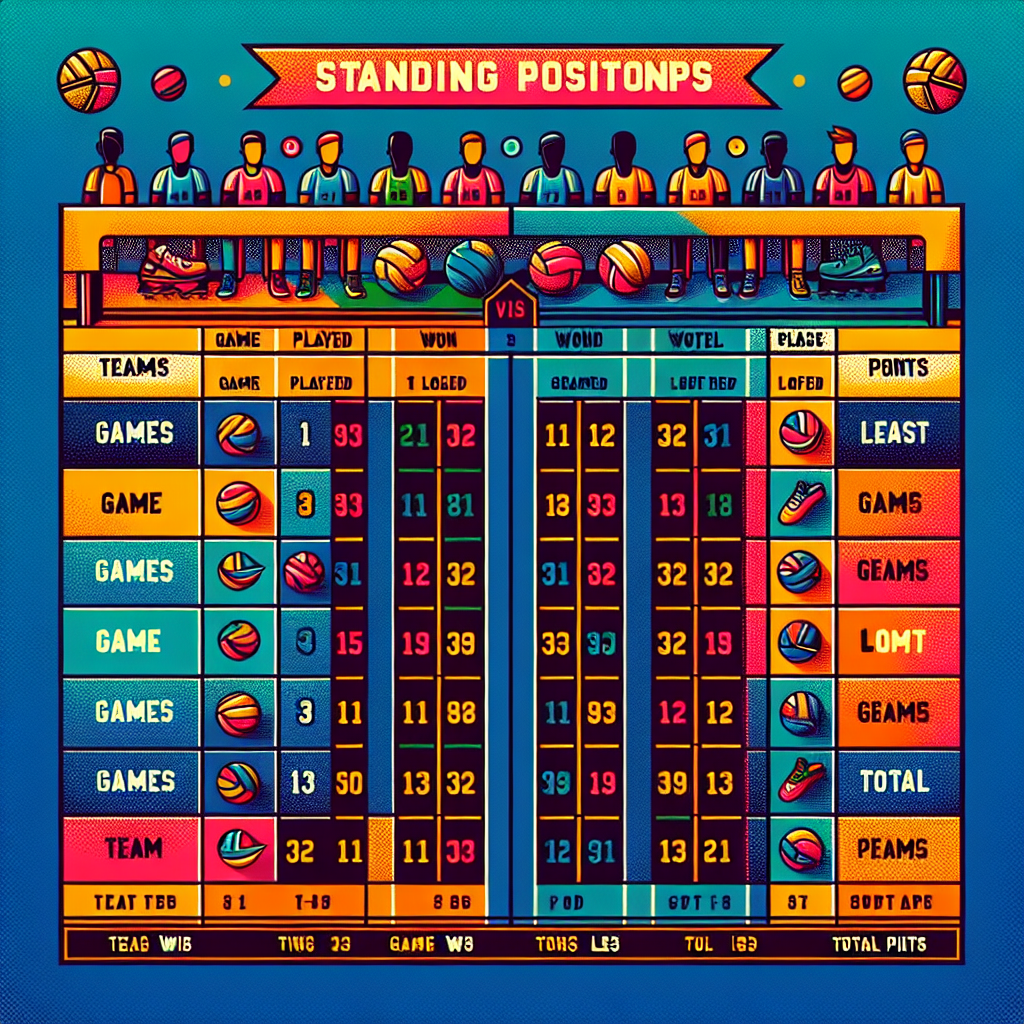Understanding the Indian Premier League (IPL) Teams

The Indian Premier League (IPL) is not just a cricket tournament; it is a cultural phenomenon that has captivated millions of fans worldwide. Since its inception in 2008, the IPL has grown exponentially, becoming one of the most lucrative and popular cricket leagues globally. This article delves into the intricacies of IPL teams, exploring their formation, management, and impact on the sport and society.
The Genesis of IPL Teams
The IPL was conceptualized by the Board of Control for Cricket in India (BCCI) as a franchise-based Twenty20 cricket league. The idea was to create a platform that combined sports and entertainment, attracting both cricket enthusiasts and casual viewers. The league’s format allowed for the creation of city-based teams, each representing a different region of India.
Formation and Ownership
Each IPL team is owned by a franchise, which can be a consortium of individuals, corporations, or celebrities. The ownership model is akin to that of major sports leagues in the United States, such as the NBA or NFL. This model has attracted significant investment, with team valuations soaring over the years.
- Chennai Super Kings (CSK): Owned by Chennai Super Kings Cricket Ltd, with N. Srinivasan as a key figure.
- Mumbai Indians (MI): Owned by Reliance Industries, led by Mukesh Ambani.
- Kolkata Knight Riders (KKR): Co-owned by Bollywood superstar Shah Rukh Khan, Juhi Chawla, and Jay Mehta.
- Royal Challengers Bangalore (RCB): Owned by United Spirits, a subsidiary of Diageo.
Team Composition and Player Auctions
The composition of IPL teams is determined through an annual player auction, where franchises bid for players from around the world. This auction system ensures a level playing field, allowing teams to strategize and build a balanced squad.
Player Categories
Players are categorized into different groups based on their experience and performance. These categories influence their base price in the auction.
- Capped Players: Players who have represented their national team.
- Uncapped Players: Talented players who have not yet played international cricket.
- Overseas Players: International players who bring diverse skills to the league.
Strategic Decisions
Franchises must make strategic decisions during the auction, balancing their budget while acquiring key players. The right mix of experienced players and young talent is crucial for a team’s success.
Impact of IPL Teams on Indian Cricket
The IPL has had a profound impact on Indian cricket, transforming it in several ways:
Talent Development
The league has become a breeding ground for young talent, providing a platform for emerging players to showcase their skills on a global stage. Many players have used the IPL as a springboard to national selection.
- Jasprit Bumrah, now a mainstay in the Indian national team, was discovered through his performances for Mumbai Indians.
- Hardik Pandya’s all-round abilities were honed during his stint with Mumbai Indians, leading to his selection for India.
Financial Growth
The financial rewards associated with the IPL have significantly increased the earnings of cricketers, making cricket a lucrative career option. This financial security has encouraged more youngsters to pursue the sport professionally.
Global Exposure
The presence of international stars in the IPL has provided Indian players with the opportunity to learn from the best in the world. This exposure has contributed to the overall improvement in the quality of Indian cricket.
Challenges Faced by IPL Teams
Despite its success, the IPL is not without challenges. Teams face several issues that require careful management and strategic planning.
Player Injuries
The intense schedule of the IPL, combined with the physical demands of T20 cricket, often leads to player injuries. Teams must have adequate bench strength to cope with such situations.
Team Dynamics
Managing a diverse group of players from different cultural backgrounds can be challenging. Team management must foster a cohesive environment to ensure optimal performance.
Fan Expectations
The passionate fan base of IPL teams can be both a boon and a bane. While fan support is crucial, high expectations can add pressure on players and management.
Case Studies: Success Stories and Lessons Learned
Examining the journey of successful IPL teams provides valuable insights into what it takes to build a winning franchise.
Mumbai Indians: A Model of Consistency
Mumbai Indians (MI) is the most successful team in IPL history, with multiple titles to their name. Their success can be attributed to:
- Strong Leadership: Rohit Sharma’s captaincy has been instrumental in MI’s success.
- Strategic Auctions: MI has consistently made smart choices in player auctions, building a balanced squad.
- Focus on Youth: MI has invested in young talent, ensuring a steady pipeline of future stars.
Chennai Super Kings: The Comeback Kings
Chennai Super Kings (CSK) is known for its resilience and ability to bounce back from setbacks. Key factors in their success include:
- Experienced Core: CSK has retained a core group of experienced players, providing stability.
- Strong Fan Base: The unwavering support of CSK fans has been a motivating factor for the team.
- Adaptability: CSK’s ability to adapt to different conditions and challenges has been crucial.
The Future of IPL Teams
The future of IPL teams looks promising, with several developments on the horizon:
Expansion Plans
The BCCI has expressed interest in expanding the league by adding more teams. This expansion will provide opportunities for more players and increase the league’s reach.
Technological Advancements
Teams are increasingly using technology to gain a competitive edge. Data analytics, performance tracking, and virtual reality training are becoming integral to team strategies.
Sustainability Initiatives
With growing awareness of environmental issues, IPL teams are adopting sustainable practices, such as



